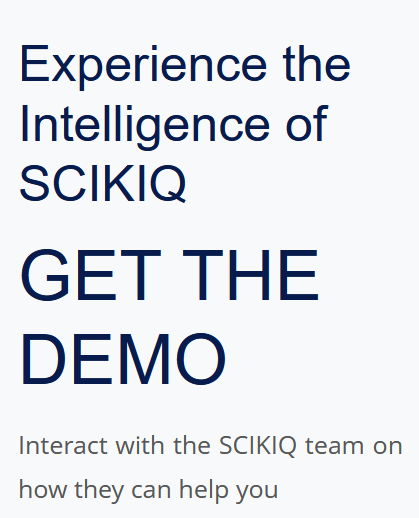
Data Valuation
Approach
By following a structured approach to data asset valuation, CFOs can gain a better understanding of the financial impact and potential value that data assets bring to the organization. This enables them to make more informed decisions regarding data-related investments, partnerships, or monetization strategies.
See below the high level valuation framework:
- Identify the Revenue Potential: Determine the potential revenue streams that can be derived from the data asset. This can include direct monetization through licensing, subscription models, or data products, as well as indirect benefits such as cost savings or improved operational efficiency.
- Quantify the Value Drivers: Identify the key factors that contribute to the value of the data asset. This can include factors such as the uniqueness of the data, its relevance to target markets or industries, the quality and accuracy of the data, and the potential for future growth or scalability.
- Assess Market Demand: Evaluate the demand for similar data assets in the market. Research the target market, industry trends, and competitive landscape to gauge the market potential and willingness to pay for the data asset.
- Consider Comparable Transactions: Look for similar data assets that have been recently sold or licensed. Analyze the terms and conditions of those transactions, including pricing models, licensing agreements, or revenue-sharing arrangements, to gain insights into the market value of comparable data assets.
- Perform Cost Analysis: Evaluate the costs associated with acquiring, processing, storing, and maintaining the data asset. Consider factors such as data collection, data cleansing, infrastructure investments, and ongoing maintenance expenses.
- Apply Valuation Methods: Utilize appropriate valuation methods based on the nature of the data asset and available data. Common methods include the Income Approach (e.g., discounted cash flow analysis), Market Approach (e.g., comparable transactions or market multiples), and Cost Approach (e.g., replacement cost or cost-to-reproduce).
- Conduct Sensitivity Analysis: Perform sensitivity analysis by varying key assumptions and variables to assess the impact on the valuation results. This helps identify the key drivers of value and understand the potential range of valuations.
- Engage Data Experts: Collaborate with data experts, data scientists, or external consultants who specialize in data valuation. Their expertise and experience can provide valuable insights and ensure a more accurate and reliable valuation of the data asset.
